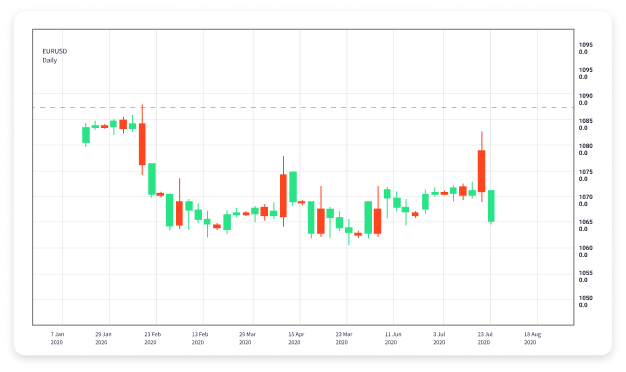
Forex Currency Trading Brokers: A Comprehensive Guide
In the ever-evolving world of finance, Forex currency trading has emerged as one of the most accessible ways for individuals to participate in the global market. Choosing the right Forex currency trading broker is essential for your trading success. In this article, we will explore the key features and considerations when selecting a broker, along with guidance to navigate this diverse and dynamic landscape. For more insights, you can check forex currency trading broker protradinguae.com, a resource for traders seeking quality brokerage services.
Understanding Forex Trading
Forex, or foreign exchange, involves trading one currency for another. The Forex market is the largest financial market in the world, with daily trading volumes exceeding $6 trillion. Unlike stock markets, which have fixed trading hours, Forex operates 24/5, allowing traders to engage in currency trading anytime during the week. This advantage also allows traders to react to global events in real-time, making it an exciting environment.
Why Choose a Forex Trading Broker?
Forex brokers serve as intermediaries between traders and the market. They provide trading platforms where you can buy and sell currencies. A robust broker will also offer tools, resources, and customer support to help you navigate the Forex landscape. With the number of brokers available, it’s vital to find one that aligns with your trading goals, whether you are a novice or an experienced trader.
Key Features to Consider When Choosing a Forex Broker
1. Regulation and Security

One of the primary factors to consider when selecting a Forex broker is regulation. A regulated broker complies with strict guidelines set by financial authorities in their operating regions, ensuring that your funds are protected and that the broker operates fairly. Look for brokers regulated by reputable authorities like the Financial Conduct Authority (FCA), the Commodity Futures Trading Commission (CFTC), and others.
2. Trading Platforms
The trading platform is the gateway for executing trades. A reliable platform should be user-friendly, efficient, and equipped with advanced tools for analysis. Popular platforms, such as MetaTrader 4 (MT4) and MetaTrader 5 (MT5), offer robust features, including charting tools, indicators, and automated trading options. Ensure the broker you choose offers a platform that meets your trading needs.
3. Spreads and Commissions
Understanding the costs associated with trading is crucial. Forex brokers typically charge either a spread (the difference between the bid and ask price) or a commission. Comparing spreads and commissions is essential as they can vary significantly among brokers and can affect your profitability. Look for brokers with competitive spreads and transparent fee structures.
4. Range of Available Currency Pairs
Depending on your trading strategy, the range of currency pairs offered by a broker may be a significant factor. Major brokers provide access to a variety of currency pairs, including major, minor, and exotic pairs. The more options available, the greater flexibility you’ll have in diversifying your portfolio and adapting to market conditions.
5. Customer Support and Educational Resources

Effective customer support is vital for resolving issues promptly. A broker should offer multiple channels of communication, such as live chat, email, and phone support. Furthermore, educational resources such as webinars, trading guides, and market insights can greatly benefit new traders looking to build their knowledge and skills.
6. Leverage and Margin Requirements
Leverage enables you to control a larger position with a smaller amount of capital. While high leverage can amplify profits, it also increases risk. Understanding the margin requirements set by your broker is crucial for risk management. Ensure you know how much capital you need to maintain open positions.
Types of Forex Brokers
Forex brokers can be categorized into two main types: market makers and ECNs (Electronic Communication Networks). Market makers create their own liquidity by quoting prices directly to traders, while ECNs facilitate trades directly between users, offering more transparent pricing and faster execution. Your choice between the two should depend on your trading strategy and preferences.
Conclusion
Choosing the right Forex currency trading broker is a critical step in your trading journey. Consider factors such as regulation, trading platforms, costs, available currency pairs, customer support, and more to find a broker that caters to your needs. By selecting a reputable broker, you can navigate the Forex market with confidence and increase your chances of success. Whether you decide to trade casually or make Forex trading a full-time career, the right broker is out there waiting for you.
Final Words
The Forex market offers immense opportunities, but navigating it requires the right tools and resources. As you venture into this complex and exciting world, remember to conduct thorough research and stay updated on market trends. The right Forex broker can be your steadfast partner in achieving your trading goals.
